Earth
Sign up for our newsletter
We summarize the week's scientific breakthroughs every Thursday.
-
 Earth
Earth50 years ago, scientists tried to control earthquakes with earthquakes
In the 1960s, researchers proposed preventing a big earthquake by creating smaller ones. That hasn’t quite worked out.
By Kyle Plantz -
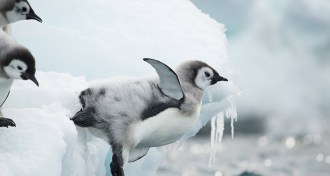 Animals
AnimalsYoung emperor penguins brave icy, winter waters in their first year
Young emperor penguins learn survival skills on their own, including how to navigate Antarctica’s icy winter ocean.
By Jeremy Rehm -
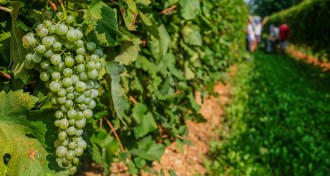 Agriculture
AgricultureProsecco production takes a toll on northeast Italy’s environment
The soil in Northern Italy’s prosecco vineyards is washing away.
-
 Animals
AnimalsThis honeybee parasite may be more of a fat stealer than a bloodsucker
Inventing decoy bee larvae prompts a back-to-basics rethink of a mite ominously named Varroa destructor.
By Susan Milius -
 Tech
TechDesalination pours more toxic brine into the ocean than previously thought
Desalination plants help offset the world’s growing water needs, but they also produce much more supersalty water than scientists realized.
By Jeremy Rehm -
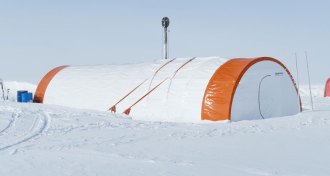 Climate
ClimateA drill built for Mars is being used to bore into Antarctic bedrock
An autonomous drill originally designed for work on Mars has its first mission in Antarctica.
-
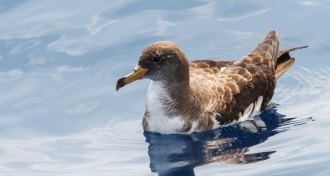 Oceans
OceansFloating seabirds provide a novel way to trace ocean currents
Seabirds idly drifting with ocean currents provide a novel way to track and understand how these flows change with time and location.
By Jeremy Rehm -
 Particle Physics
Particle PhysicsReaders ask about electrons’ roundness, a science board game and more
Readers had questions about electrons’ roundness, a camera that measures light intensity in decibels and more.
-
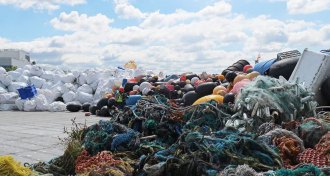 Environment
Environment4 ways to tackle ocean trash besides Ocean Cleanup’s broken system
Here are three approaches to reducing ocean pollution that might be more effective than a controversial plan to fish trash out of the Pacific.
-
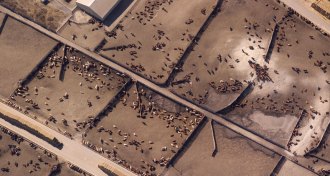 Environment
EnvironmentSatellites make mapping hot spots of ammonia pollution easier
There’s a more accurate way to estimate ammonia emissions.
-
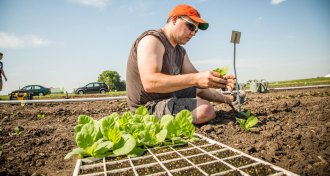 Agriculture
AgricultureA new way to genetically tweak photosynthesis boosts plant growth
A new chemical road map for a process called photorespiration in plant cells could reduce energy waste to increase plant productivity.
-
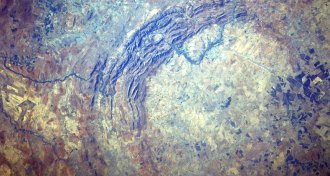 Earth
EarthErosion has erased most of Earth’s impact craters. Here are the survivors
Earth’s largest known impact crater measures 160 kilometers in diameter. The newest, yet to be confirmed, stretches a still-whopping 31 kilometers.